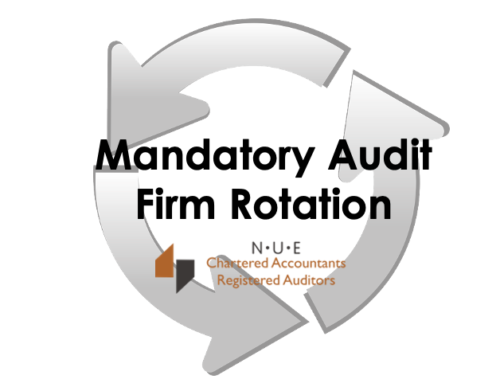The concentration in the audit industry refers to the dominance of a few large audit firms in the market. As of my last update in September 2021, the audit industry was largely dominated by the “Big Four” firms: Deloitte, PricewaterhouseCoopers (PwC), Ernst & Young (EY), and KPMG. These firms audited the majority of publicly traded companies worldwide.
However, there were concerns about this concentration, and there could be several potential implications associated with it:
Implications of Industry Concentration:
Lack of Competition:
- Issue: Concentration might lead to a lack of competition in the industry.
- Implication: Limited competition can result in higher costs for audit services, reduced innovation, and decreased quality as there are fewer incentives to improve when there’s less competition.
Conflict of Interest:
- Issue: Large audit firms often provide additional consulting services to the same companies they audit.
- Implication: This could lead to conflicts of interest where the auditing firm might compromise its independence, impacting the objectivity and integrity of the audit process.
Systemic Risk:
- Issue: Few large firms auditing most major corporations can create systemic risk.
- Implication: If one of these major firms were to fail or make a significant error, it could have a cascading effect on the financial markets, especially considering their role in auditing systemically important financial institutions.
Regulatory Challenges:
- Issue: Regulators might face challenges in effectively overseeing a small number of large firms.
- Implication: Ensuring compliance with regulations and ethical standards becomes difficult when dealing with a few dominant firms, potentially leading to regulatory lapses.
Loss of Public Trust:
- Issue: Audit failures or scandals involving major firms can erode public trust in financial markets.
- Implication: Public perception of the financial markets’ integrity can suffer, leading to reduced investor confidence and potentially impacting economic stability.
Global Impact:
- Issue: Concentration in global firms can affect emerging markets disproportionately.
- Implication: Emerging markets might find it harder to attract reputable audit firms, impacting their ability to attract foreign investment.
Homogenised Practices:
- Issue: Dominant firms might promote standardized practices at the expense of tailored, context-specific audit methods.
- Implication: This one-size-fits-all approach might not be suitable for diverse businesses, potentially leading to ineffective audits in certain cases.
Technological Lag:
- Issue: Large firms might be slow in adopting new technologies due to their size and complexity.
- Implication: The industry might lag in benefiting from technological advancements that could enhance the efficiency and effectiveness of audits.
Possible Solutions:
- Enhanced Regulation: Stricter regulations and oversight can mitigate some risks associated with concentration, ensuring that auditing firms adhere to the highest standards of independence and quality.
- Promoting Competition: Encouraging smaller audit firms and fostering competition can prevent the dominance of a few players, ensuring a more diverse and competitive landscape.
- Separation of Audit and Non-Audit Services: Regulations can be imposed to limit the additional services that auditing firms can provide to their audit clients, reducing conflicts of interest.
- Investment in Technology: Embracing and investing in advanced technologies, like data analytics and AI, can enhance audit efficiency and quality across the industry.
- International Collaboration: Global cooperation in regulating the audit industry can ensure consistent standards worldwide, reducing the risks associated with varying regulatory environments.
- Promoting Ethical Culture: Fostering an ethical culture within audit firms is crucial, emphasising the importance of integrity and independence in the auditing profession.
It’s important to note that the landscape might have evolved since my last update in September 2021, and new developments or regulations could have emerged since then.




